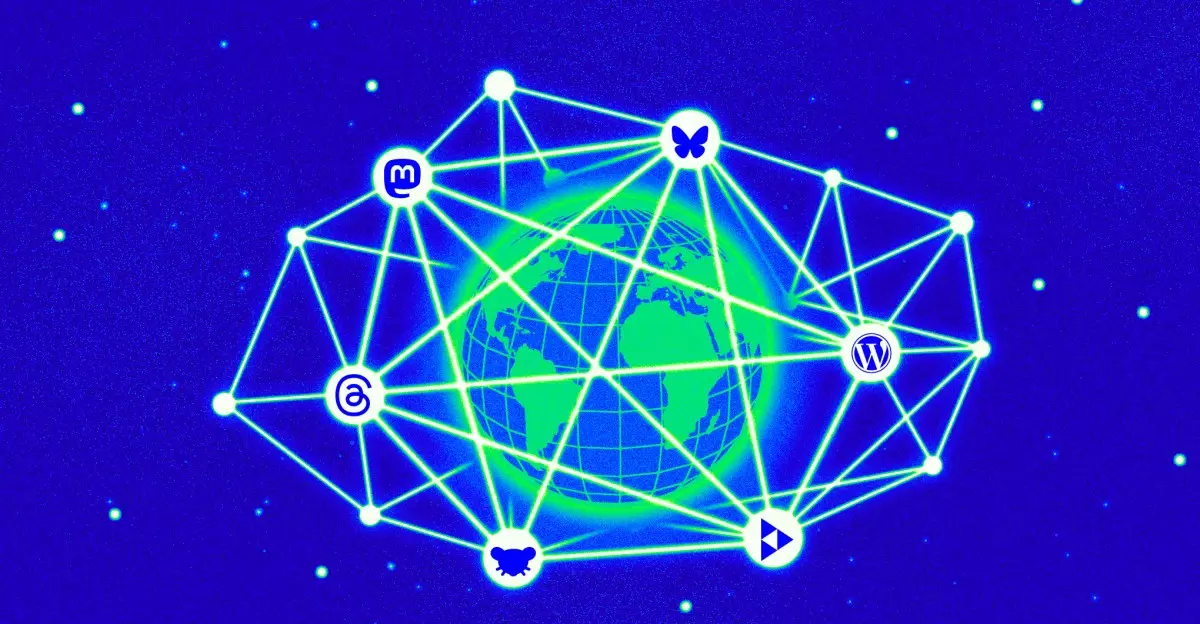The landscape of social media is in a state of flux, ushering in new paradigms that challenge the traditional frameworks of content sharing and community engagement. As we move into an era marked by decentralization and user autonomy, platforms like Bonfire Social, Channel.org, and Bounce are leading the charge in redefining how individuals interact online. The recent FediForum conference showcased a plethora of innovative applications, each aiming to empower users and create customized experiences that resonate with their personal needs and values.
Bonfire Social: A Framework for Dynamic Communities
Bonfire Social emerges as a transformative force in the realm of community-building. Designed as a versatile framework, it caters to a variety of user-defined governance structures and stylistic preferences. With the announcement of Bonfire Social 1.0, users are presented with the ultimate toolkit for crafting their own digital spaces. Boasting features like personalized feeds and threaded discussions, the platform allows for rich, multifaceted interactions that are often lost in conventional social networks.
What sets Bonfire apart is its ability to federate with other popular platforms, including Mastodon and Peertube. This compatibility not only broadens its user reach but cultivates a vibrant ecosystem of interconnected communities. Furthermore, the introduction of specialized flavors, such as Bonfire Community for private groups and Open Science aimed at academic collaboration, showcases the platform’s flexibility in addressing diverse audience needs. As we witness a shift toward community-focused social interactions, Bonfire Social stands at the forefront, facilitating engagement that resonates more deeply than mere likes or shares.
Channel.org: Curating the Social Feed Experience
While Bonfire Social emphasizes community creation, Channel.org shines as a specialized tool for content curation. In an age where information overload is an everyday reality, having the capability to customize one’s social feed has become invaluable. Channel.org allows users to navigate this chaos, offering the ability to track specific hashtags and users, including those from other platforms like Bluesky and RSS feeds.
The unique aspect of Channel.org lies in its commitment to user empowerment through curation. With filters designed to block irrelevant content, as well as tools to mute unwanted interactions, the platform prioritizes user agency in shaping their online experience. Curated channels can serve as a reservoir of tailored content, eliminating noise and focusing on what truly matters to each user. Although currently available in an invite-only beta, the excitement surrounding its potential is palpable, signifying a strong desire among users to regain control over their digital environments.
Bounce: A Seamless Transition between Platforms
Transitioning between different social media platforms can often feel daunting, fraught with the fear of losing connections and followers. Bounce disrupts this anxiety by providing a straightforward solution for moving a Bluesky account to Mastodon seamlessly. This innovative app, developed by A New Social, leverages the Bridgy Fed tool to facilitate connections between disparate social ecosystems.
What makes Bounce particularly noteworthy is its recognition of user interconnectedness. The application acknowledges that social media interactions are often built on intricate webs of relationships, and it prioritizes maintaining these social ties, even amidst transitions between platforms. By alleviating the fear of losing followers during such shifts, Bounce encourages users to explore decentralized platforms without the usual apprehension, thereby fostering a more inclusive and exploratory online community.
The Emergence of a Decentralized Future
The collection of applications like Bonfire Social, Channel.org, and Bounce marks a significant pivot towards decentralized social networking. These platforms are not merely alternatives to the dominant players; they embody a philosophy of user empowerment, community-building, and personalized interaction. Through innovation and thoughtful design, these new tools foster environments that value individual expression while facilitating broader connections across the open web.
As we navigate this evolving landscape, one thing is clear: the growing emphasis on decentralization signals a shift in how we conceive of and engage with online communities. The promise of a more democratic digital space, free from the constraints of traditional social media, is not just a distant dream; it’s a reality that is rapidly taking shape—fueled by the creativity and ingenuity of developers committed to redefining the online experience.

